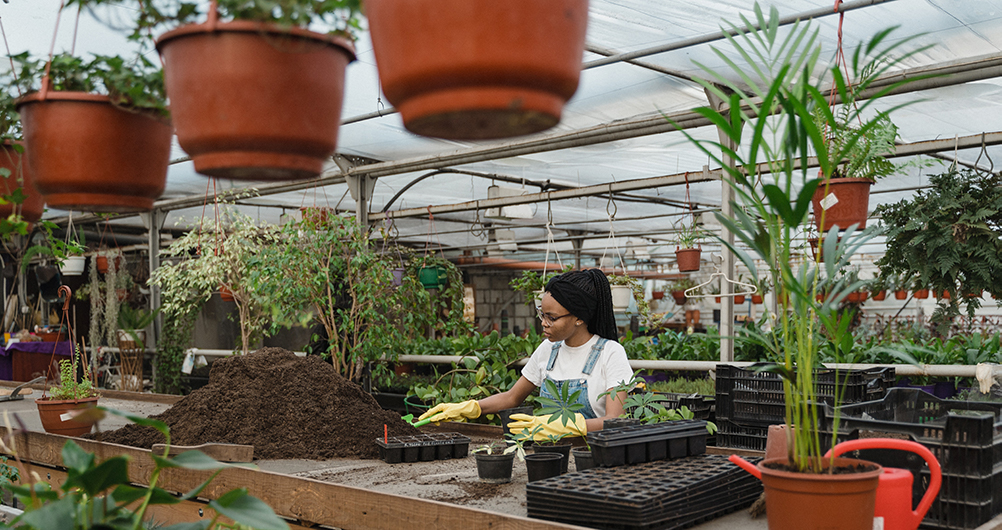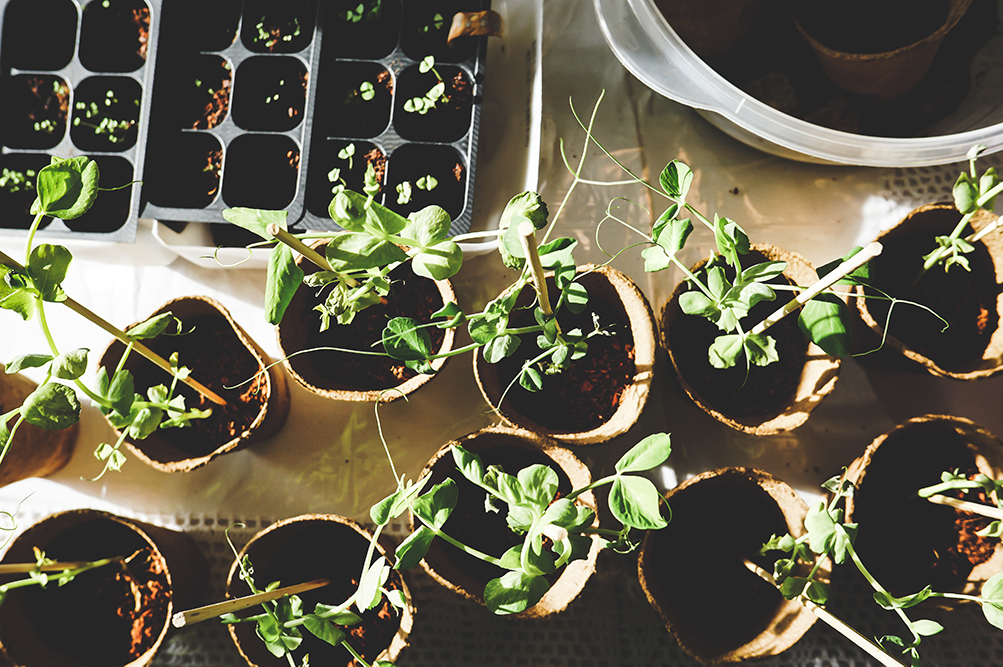
Composting Is The Easiest Way to Live a More Sustainable Life
World Earth Day celebrates the past year and how an eco-friendly waste treatment can transform your life.
In homage to World Earth Day we take a look back on the past year of triumphs within sustainability where skies and seas have become bluer than ever before. It’s around a year ago that the first Covid19 wave hit our planet by storm, locking people away in their houses and allowing plenty of time to reboot and re-analyze. While the last 12 months has seen grave outcomes, it has also allowed increased thought on how we can make the planet a better place to be. With no one on the roads and reduced transportation, greenhouse gases decreased by 2.3 billion tones after steadily rising for decades before. This information formed a higher concern for the environment and thoughts about how we can be more ethical became a crucial focal point for many.
With this in mind, it's important to focus on simple tasks that can make big differences in protecting our Earth. Composting is the small daily task you can do to contribute to a more sustainable life, and it’s pretty easy too. Watching documentaries such as Seaspiracy on Netflix has been really eye opening us all, but it’s difficult to know how to help with such a global widespread issue. This waste initiative is a realistic way everyone can help the planet get greener. Here’s all the info to get you started:
What is composting?
It's essentially breaking down of material and turning it into nutrient-rich soil which can then be recycled and used to help plants and dying parts of the Earth grow.

How should I start composting?
It depends on your living situation but it can be done anywhere, all you need is a separate bin and a concept of what can and can’t be composted. Things like eggshells, teabags, newspaper, flowers, fruit and veggie scraps can be composted. But plastics, glass, dairy products and non-organic things can’t be.
Why should I start composting?
It’s the best start to achieving a healthier lifestyle, and helping the planet at the same time. It makes you more aware of what you’re consuming and where to cut back to reduce waste. As well as this, it means less waste is sent to landfill, resulting in less greenhouse gases in our atmosphere.
Won’t composting attract animals and make the house smell?
As composting is an organic, natural process, there is the chance that it might. However, some types of compost bins can help keep pests out with specially designed lids – try searching vermicompost. Keeping the bins in the shade will also reduce a foul smell.
Next Up, Sun, Sea and Sky for Emporio Armani Sustainable Line











